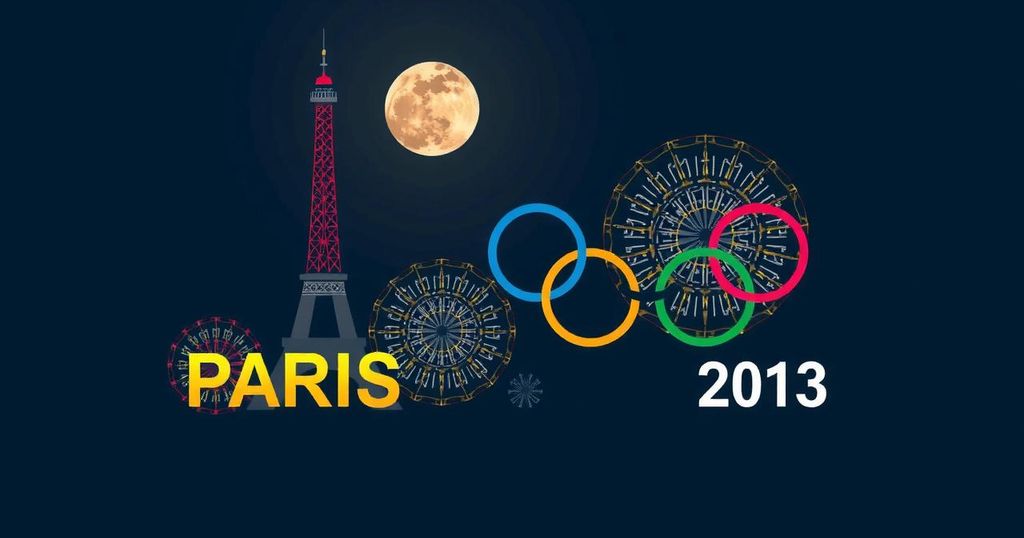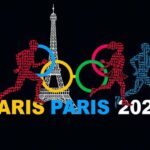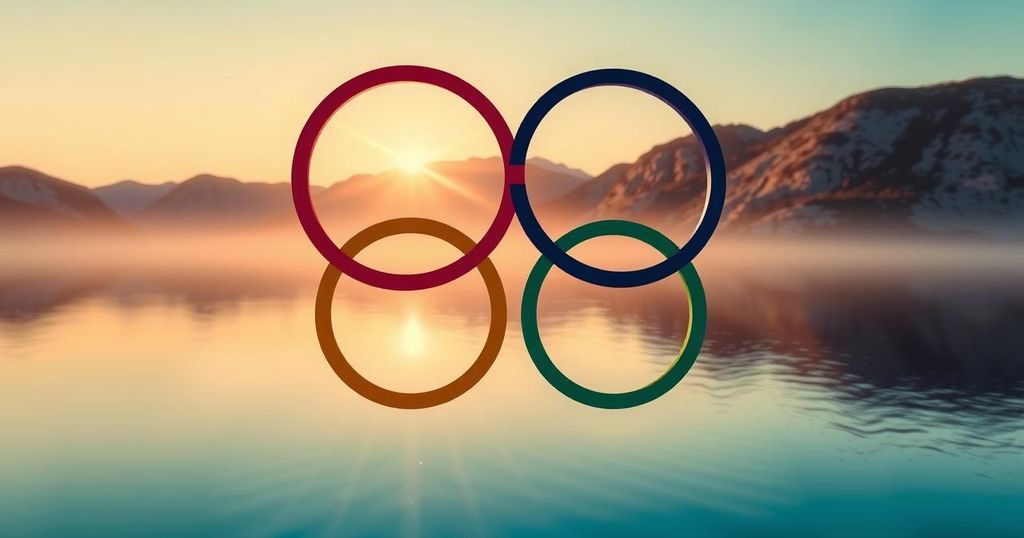Paris and the Olympics: A Transformative Partnership During Their Summer Encounter
During the 2024 Summer Olympics, the city of Paris and the Games experienced a transformative partnership that left an indelible mark on both. As the closing ceremony approaches, attendees bid farewell with a hopeful “au revoir,” recognizing the uncertainty of when the Olympics will return to the French capital — a full century after its last hosting in 1924. Over the course of two and a half exhilarating weeks, French spectators surprised themselves with their ardent support for the event, enjoying a blend of sportsmanship and cultural celebration.
The Paris Games, marking the city’s third Olympic appearance, were rich in emotion and enthusiasm. The public’s joy resonated strongly, particularly during the performances of local heroes, such as swimmer Léon Marchand, whose achievements captivated audiences and drew cheers that reverberated across arenas. Other French athletes, including judo champion Teddy Riner and mountain biker Pauline Ferrand-Prevot, further invigorated national pride with their respective successes. The initial frustrations regarding heightened security measures, which included barricades and the aftermath of vandalism to the transportation system, gradually transitioned into boisterous chants of support, exemplifying the resilient spirit of the attendees.
The Games also featured remarkable achievements from international competitors, such as Swedish pole vaulter Armand Duplantis, who broke his own world record. Notably, gymnast Simone Biles returned triumphantly to the stage, prioritizing mental health and securing three gold medals and a silver. This blend of personal triumphs, cultural displays — highlighted by Celine Dion’s spirited performance of “Hymne à l’amour” beneath the Eiffel Tower — and iconic venues enhanced the overall spectacle.
However, the Games were not without their challenges. The opening ceremony faced criticism due to a mixture of excessive enthusiasm and political tensions, reminding observers of the complexities surrounding modern events. Additionally, incidents of online harassment directed at female competitors and the controversies surrounding event planning showcased the duality of joy and turmoil that transpired.
The organizing body adopted a motto of “Breaking the Norms,” striving to reduce environmental impacts and reshape the Olympic model. This included utilizing existing venues and ensuring that infrastructure improvements would benefit local communities long after the Games concluded. Notably, the decision to use technology to power the Olympic cauldron in an environmentally friendly manner serves as a precedent for future host cities like Los Angeles and Brisbane.
Yet, Paris’s ambitions were not without risks. Controversially, triathletes and marathon swimmers were tasked with navigating the historically polluted Seine River, underscoring the ongoing issue of water quality even after extensive cleanup efforts. While the mayor proclaimed significant improvements, he acknowledged the need to restore local faith in the river’s safety for public use. The financial ramifications of extensive security measures during the opening ceremony were borne by local businesses, further demonstrating the nuanced impacts of hosting major events.
Despite these challenges, the overwhelming atmosphere of celebration demonstrated that public sentiment leaned overwhelmingly positive. The slogan “Games Wide Open” resonated strongly, representing a collective recovery from previous national traumas. Following the Paralympics, which will occur from August 28 to September 8, Paris is set to return to everyday rhythms. However, the Olympic legacy will remain, symbolized by a victory bell from the Games, which is to be relocated to the restored Notre Dame Cathedral. This bell, as expressed by cathedral rector Rev. Olivier Ribadeau Dumas, will stand as a testament to the extraordinary ambiance and unity fostered during the Olympic festivities.
In conclusion, while the partnership between Paris and the Olympics concludes for now, the transformative experiences and lessons learned will significantly influence future games. The joy, spirit, and lasting changes ushered in by this unique relationship will echo through the annals of Olympic history, illuminating how cities can adapt and thrive in the face of global challenges.
John Leicester, the Paris-based correspondent for the Associated Press, has reported extensively on Olympic events, offering insights into the evolving dynamics of these grand celebrations of sport and unity.








Post Comment